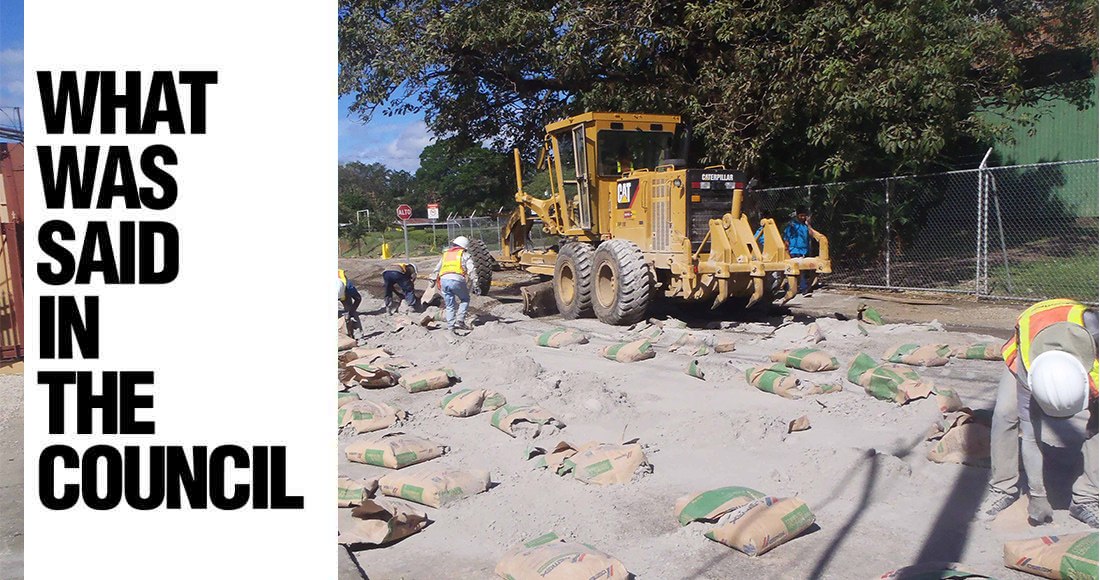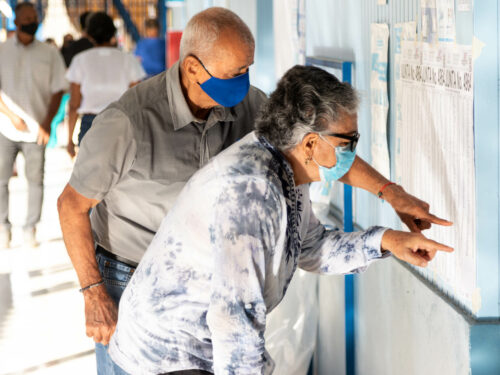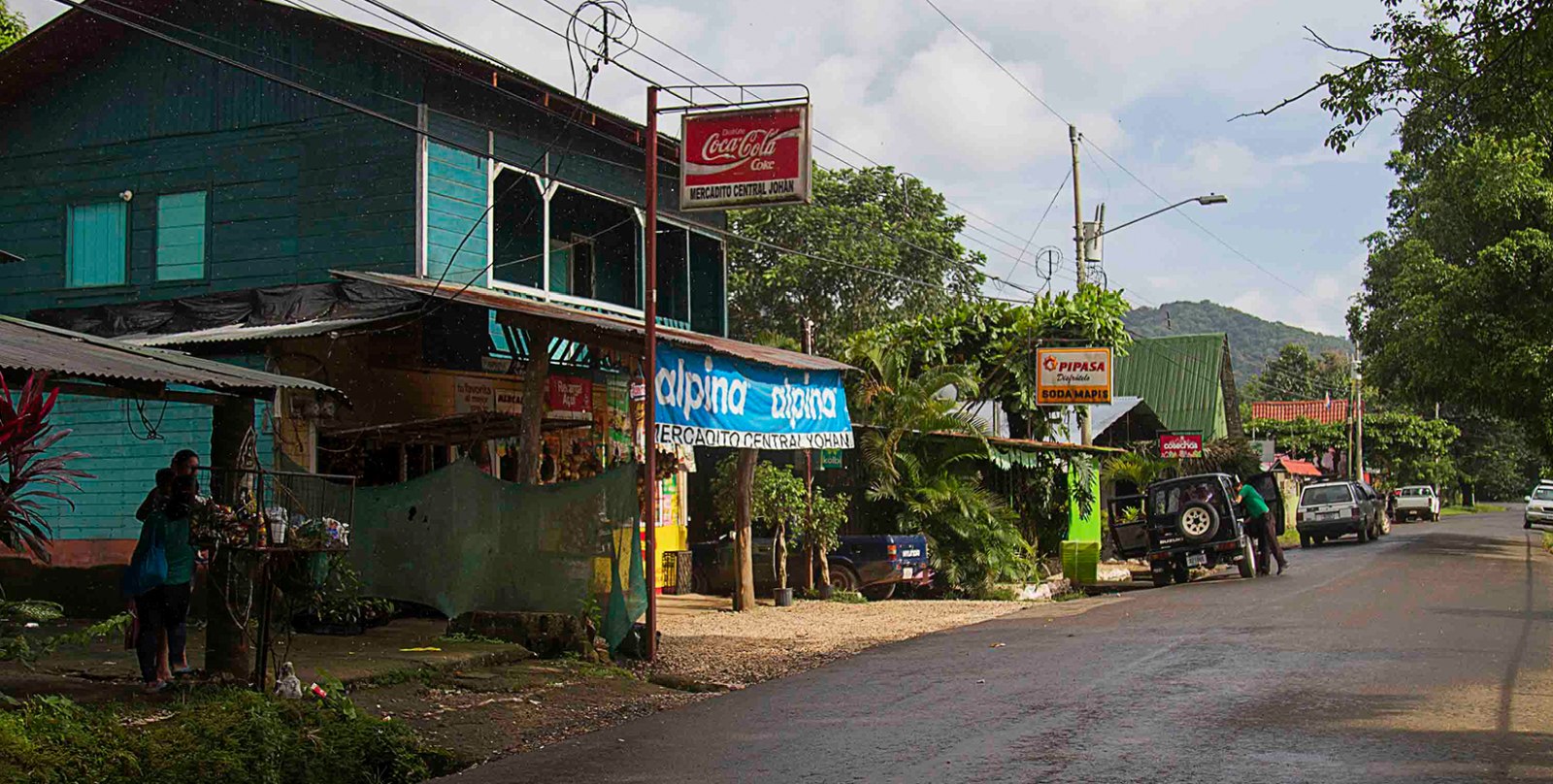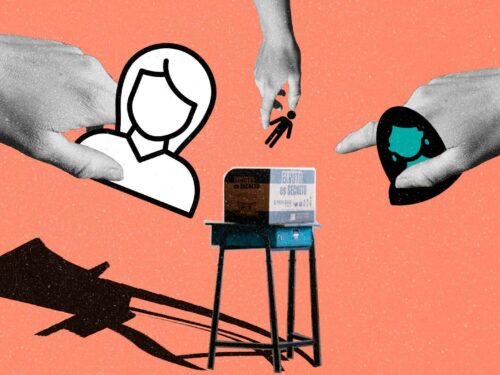
The Municipal Council of Hojancha has great expectations that the “General Law of Transfer of Executive Branch Powers to the Municipalities” Law Project will finally be approved since it was already approved by legislators in the first debate on Tuesday, August 25th.
The idea behind this project is to decentralize money to fix cantonal the cantonal roads in the nation, tripling the current budget.
In the vote, 42 legislators voted in favor and three against it.
That same Tuesday, Mayor Eduardo Pineda let the municipal council of Hojancha know about some of the details of the project and affirmed that it is a good initiative.
“I think there is a good atmosphere in the Legislative Assembly regarding the project. A majority of legislators are in favor, and this would represent good resources for the municipalities and, in the case of Hojancha, we would go from a little more than ¢200 million ($377,350) to more than ¢700 million annually ($1,320,750), to invest in the roads,” Pineda said.
The municipalities currently receive about ¢860,000 ($1622) for each kilometer of road in the cantonal road network nationwide. However, if this law passes, they would be receiving a little more than ¢2 million ($3770) per kilometer of road.
These resources come from the fuel tax.
On this subject, during the legislative plenary on Monday, August 24th, Legislator Juan Marin said that the municipalities are responsible for fixing 82% of the national roadway network, while less than 20% are the responsibility of the National Highway Council (CONAVI), yet while municipalities have 860,000 colones ($1622) available per kilometer, CONAVI has more than ¢11.5 million ($21,700) per kilometer, the majority of which, according to Marin, is to be invested in the greater metropolitan area.
On the other hand, Marin pointed out CONAVI’s inefficiency in implementing resources, since, according to him, this executing unit has had $200 million since 2011 from the Inter-American Development Bank (IDB) and to date has only been able to put to use $9.4 million in national roadways.
“If those funds had been transferred to the municipalities, they would have been put to use a while ago because there are 130 projects requested by municipalities that are stuck, that they have not been able to execute,” Marin said.
The law project will now be sent to the municipalities for their respective review and undergo a second debate in the Legislative Assembly for final approval.
Government Plans to Protect Human Rights of People with Eviction Problems
Also during the municipal council, a note sent by the Presidential House was presented, in which information is requested on cases of people in Hojancha who could be evicted, either by an administrative or judicial process.
The goal is to have an updated mapping of the eviction processes that are anticipated nationally, to assess the situation of people who are in these conditions.
Faced with such a request, the council agreed to send the request to the administrative department and, if necessary, to present a list of people to be evicted.
The Municipality of Hojancha has until August 28, 2015 to present the report.







Comments